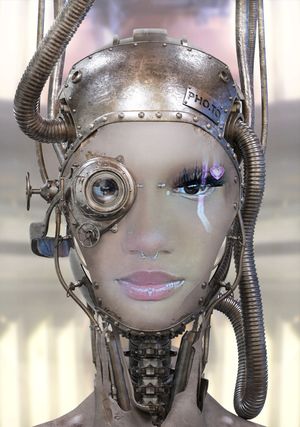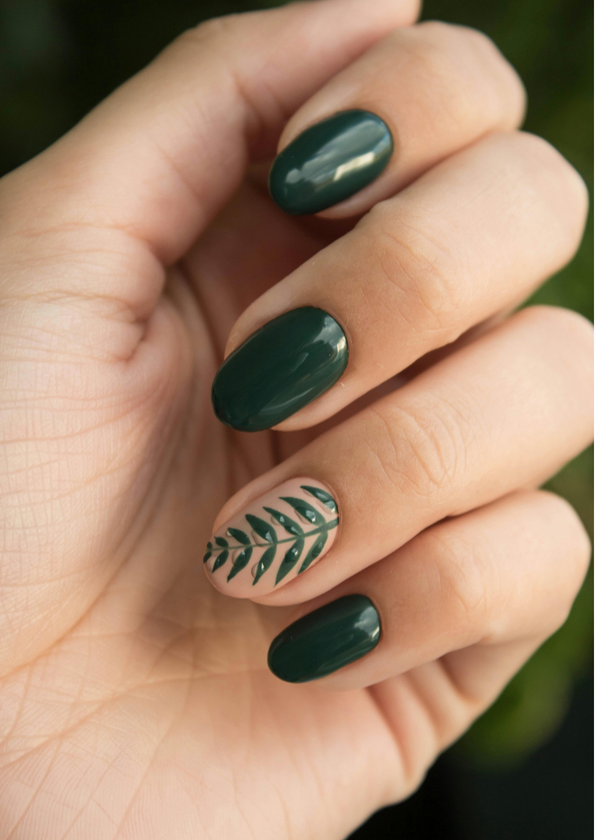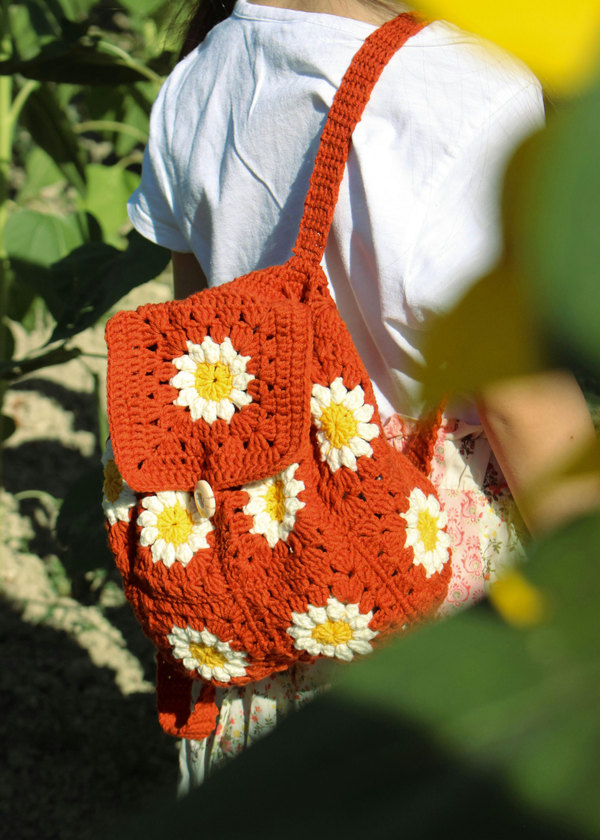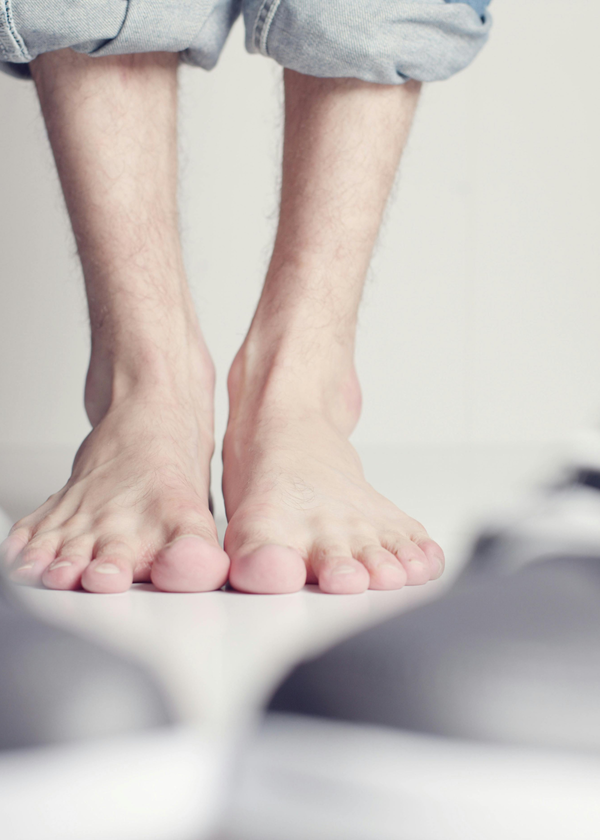Pet ownership comes with a myriad of responsibilities, one of the most crucial being ensuring your furry friend receives proper nutrition.
When it comes to feeding your cat, you may have come across automatic cat feeders, which promise convenience and consistency. But do veterinarians recommend these devices?
In this comprehensive guide, we'll explore the world of automatic cat feeders, the benefits they offer, and whether vets endorse their use to keep your feline companion happy and healthy.
The Role of Proper Feeding in Cat Health
1. The Importance of Nutrition
Proper nutrition is fundamental to your cat's health. It affects their growth, energy levels, immune system, and overall well-being. Cats are obligate carnivores, which means they require specific nutrients found in animal-based foods to thrive.
2. The Challenge of Consistency
Maintaining a consistent feeding schedule is key to meeting your cat's nutritional needs. Irregular or inadequate feeding can lead to obesity, nutrient deficiencies, and other health issues.
What Are Automatic Cat Feeders?
1. Understanding Automatic Cat Feeders
Automatic cat feeders are devices designed to dispense cat food at predetermined times without the need for manual intervention. They come in various shapes and sizes, from basic models to high-tech, internet-connected devices.
2. How Automatic Cat Feeders Work
Automatic feeders typically work as follows:
- Programmable Schedule: You set the feeding schedule, specifying the times and portion sizes for each meal.
- Food Storage: The feeder contains a food storage compartment to keep the cat food fresh and protected.
- Scheduled Dispensing: At the designated feeding times, the feeder dispenses the specified amount of food into your cat's bowl.
- Power Source: Automatic feeders are powered by electricity, batteries, or a combination of both. Some have battery backup to ensure feeding continuity during power outages.
The Advantages of Using Automatic Cat Feeders
1. Convenience
Automatic feeders offer unparalleled convenience, particularly for cat owners with busy lifestyles or irregular schedules. You can set the feeding schedule and let the device handle the rest.
2. Portion Control
Many automatic feeders provide precise portion control, which is crucial for maintaining your cat's ideal weight and preventing overfeeding or underfeeding.
3. Feeding Consistency
Consistency in feeding is essential for your cat's health. Automatic feeders ensure your cat receives meals at the same times each day, reducing the risk of erratic eating habits.
4. Multiple Daily Feedings
Some automatic feeders allow you to schedule multiple meals throughout the day, which is beneficial for cats who prefer smaller, more frequent meals.
5. Remote Monitoring
Advanced automatic feeders come equipped with features like remote monitoring and control via smartphone apps, allowing you to keep an eye on your cat's feeding habits and make adjustments as needed, even when you're away from home.
Vets' Perspective on Automatic Cat Feeders
1. The Controversy Surrounding Automatic Feeders
Opinions among veterinarians regarding the use of automatic cat feeders vary. Some vets endorse their use, while others express concerns.
2. Vets in Favor of Automatic Cat Feeders
- Convenience for Pet Owners: Vets who support automatic feeders acknowledge their convenience for pet owners with busy schedules, emphasizing that consistency in feeding is crucial for cat health.
- Portion Control: Automatic feeders with portion control features help prevent obesity, a prevalent issue among cats.
- Health Monitoring: Advanced models that offer remote monitoring can be beneficial for tracking a cat's eating habits, especially if there are health concerns.
3. Vets Expressing Concerns
- Lack of Interaction: Some vets worry that automatic feeders may reduce the opportunity for interaction between cats and their owners during mealtime, potentially impacting the cat's emotional well-being.
- Health Risks: In cases of multi-pet households or cats with specific dietary requirements, automatic feeders may not be suitable, as they cannot ensure that each cat receives the correct food.
- Technical Failures: Concerns are raised about technical failures in automatic feeders, which could lead to missed meals or overfeeding if not addressed promptly.
Choosing the Right Automatic Cat Feeder
1. Factors to Consider
When deciding whether to use an automatic cat feeder, consider the following factors:
- Your Cat's Needs: Assess your cat's age, health, and dietary requirements. Consult your vet for personalized advice.
- Feeding Schedule: Determine whether you need a feeder for regular meal times or for managing specific health conditions.
- Portion Control: If your cat requires precise portion control, look for a feeder with this feature.
- Remote Monitoring: If you prefer the ability to monitor your cat's feeding remotely, opt for a feeder with app connectivity.
- Technical Reliability: Research the reliability and durability of the feeder to minimize the risk of technical failures.
Conclusion:
In conclusion, the use of automatic cat feeders can offer numerous benefits, including convenience, portion control, and feeding consistency. However, the endorsement of these devices among veterinarians varies, with some highlighting their advantages and others expressing concerns about potential drawbacks.
The decision to use an automatic cat feeder should be made carefully, taking into account your cat's specific needs, your lifestyle, and your veterinarian's guidance.
Ultimately, whether or not vets recommend automatic cat feeders may depend on the individual circumstances of your cat and your household. The key is to prioritize your cat's health and well-being, ensuring they receive the nutrition and care they need to thrive.








